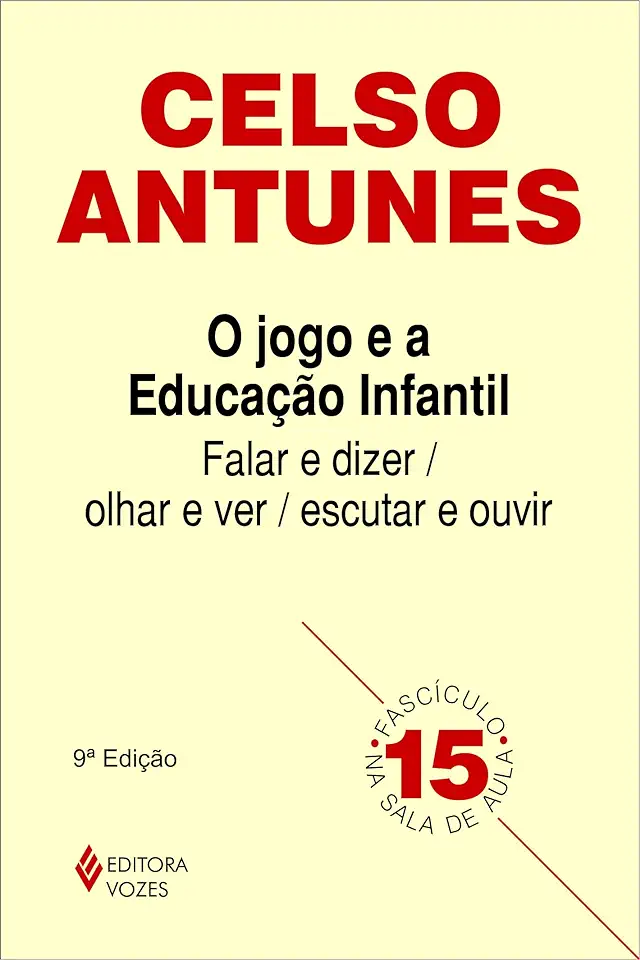
The Game and Early Childhood Education - Celso Antunes
The Game and Early Childhood Education: A Comprehensive Guide for Educators
Introduction
In today's fast-paced world, it is more important than ever to provide children with a strong foundation for their future success. Early childhood education plays a crucial role in shaping a child's cognitive, social, and emotional development. One of the most effective ways to engage children in learning and promote their holistic development is through play.
The Power of Play
Play is not merely a pastime for children; it is an essential part of their development. Through play, children learn to explore their surroundings, interact with others, and express themselves creatively. Play also helps children develop important skills such as problem-solving, decision-making, and teamwork.
The Game and Early Childhood Education
The book "The Game and Early Childhood Education" by Celso Antunes delves into the profound impact of play in early childhood education. Antunes argues that play is not just a means of entertainment but a powerful tool that can be harnessed to enhance children's learning and development.
Key Concepts and Theories
Antunes presents a comprehensive framework for understanding the role of play in early childhood education. He draws upon various theories and concepts from psychology, education, and sociology to provide a holistic perspective on play and its significance in children's development.
Practical Strategies and Activities
The book is not merely theoretical; it offers practical strategies and activities that educators can implement to incorporate play into their teaching practices. Antunes provides detailed examples of how play can be integrated into different subject areas, such as math, science, language arts, and social studies.
Benefits of Play in Early Childhood Education
Antunes highlights the numerous benefits of play in early childhood education, including:
- Enhanced cognitive development: Play stimulates children's thinking skills, problem-solving abilities, and creativity.
- Improved social and emotional development: Play helps children learn how to interact with others, cooperate, and manage their emotions.
- Increased physical development: Play promotes children's physical activity, coordination, and motor skills.
- Enhanced language development: Play provides opportunities for children to practice and develop their language skills.
Conclusion
"The Game and Early Childhood Education" is a must-read for educators, parents, and anyone interested in the holistic development of young children. Antunes' comprehensive exploration of play and its significance in early childhood education provides a wealth of knowledge and practical insights that can transform the way we approach children's learning and development.
Call to Action
If you are an educator, parent, or anyone passionate about early childhood education, I highly recommend reading "The Game and Early Childhood Education" by Celso Antunes. This book will inspire you to embrace play as a powerful tool for nurturing children's development and shaping their future success.